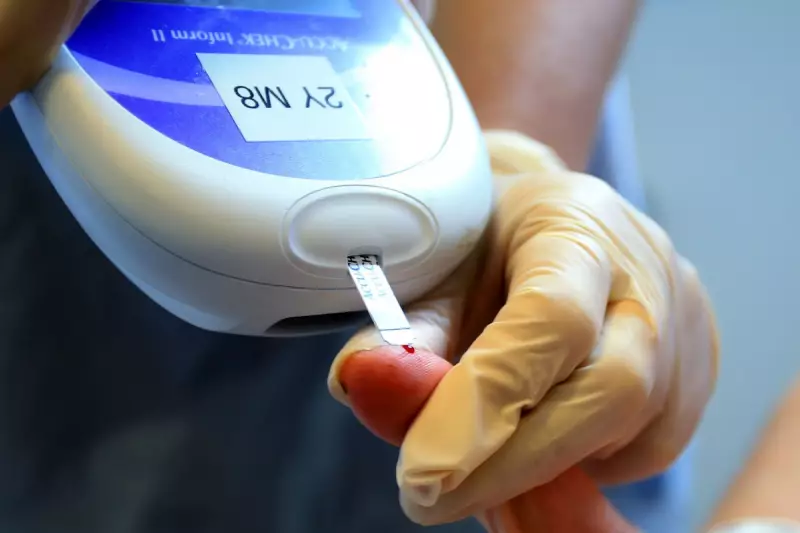
The National Health Service (NHS) is embarking on a groundbreaking digital transformation, replacing traditional in-person appointments with a innovative smartphone application for diabetes patients.
This new tool is designed to streamline the mandatory annual health reviews for the estimated 4.3 million people in England living with diabetes. The app empowers users to complete the majority of their check-up remotely, at their convenience, significantly reducing the need for time-consuming visits to a GP surgery or clinic.
How The Digital Health Check Works
The intuitive app guides patients through a series of simple steps to collect vital health data themselves. This includes:
- Foot Checks: Users can scan their feet using their smartphone's camera to screen for potential ulcers or infections, a common and serious complication of diabetes.
- Weight and BMI: Patients can easily input their latest readings.
- Blood Pressure: Readings from home monitors can be logged directly into the app.
- Mental Wellbeing: The app includes prompts to assess a patient's psychological health, recognising the link between diabetes and mental health conditions.
This securely submitted data is then sent directly to the patient's GP practice for clinical review. If any anomalies or causes for concern are detected, the healthcare team will proactively contact the patient to arrange a follow-up appointment.
A Lifeline for Patients and a Boost for the NHS
This initiative addresses several critical challenges. For patients, it offers unparalleled convenience, saving them travel time and making it easier to fit essential healthcare into busy lives. Early detection of issues like foot problems can prevent severe complications, including amputations.
For the NHS, it represents a much-needed efficiency drive. By automating the initial data-gathering process, the technology frees up valuable clinical time, allowing doctors and nurses to focus on patients who need face-to-face care most urgently. This helps tackle backlogs and ensures resources are allocated more effectively.
The rollout is a key part of the NHS's long-term plan to harness technology to improve chronic disease management and provide more personalised care.





